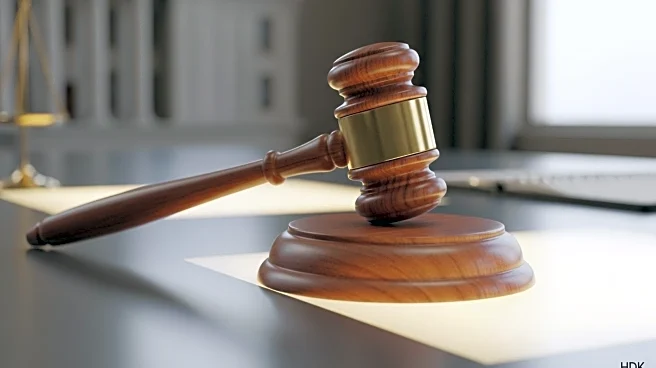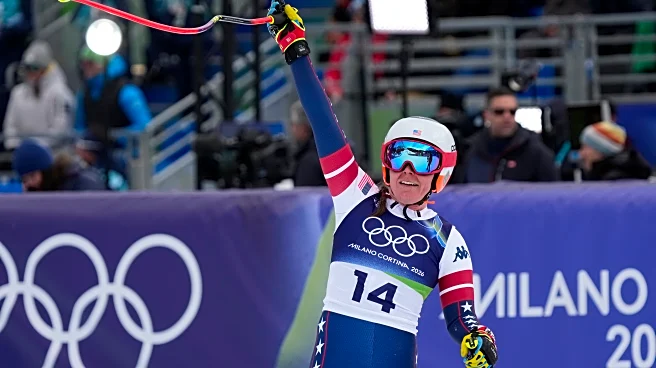What's Happening?
House Speaker Mike Johnson has declined a challenge from House Minority Leader Hakeem Jeffries for a live debate regarding the ongoing government shutdown. The shutdown has entered its sixth day, with no resolution in sight as Democrats and Republicans remain at an impasse over a stopgap funding measure. Johnson dismissed Jeffries' proposal for a televised debate, citing a lack of public support for Democratic messaging on the shutdown. The House has passed a short-term funding bill to keep the government operational until November 21, but Senate Democrats are resisting the measure unless Republicans agree to extend expiring health care subsidies. Jeffries criticized Johnson for allowing Congress a week off during the shutdown, while Johnson indicated that Congress would reconvene once Senate Democrats reopen the government.
Why It's Important?
The refusal to engage in a public debate highlights the deep partisan divide over the government shutdown, which affects federal operations and services. The shutdown's continuation could have significant implications for public policy, particularly concerning health care subsidies under the Affordable Care Act. Millions of Americans may face increased health care premiums if subsidies expire, exacerbating the health care crisis. The political standoff also underscores the challenges in achieving bipartisan cooperation, potentially impacting future legislative negotiations and public trust in government institutions.
What's Next?
As the shutdown persists, pressure mounts on both parties to reach a compromise. The Senate's decision on the funding measure and health care subsidies will be crucial in resolving the impasse. Political leaders may face increased scrutiny from constituents and stakeholders affected by the shutdown. The situation could lead to intensified negotiations or further political maneuvering, with potential implications for upcoming legislative sessions and electoral dynamics.










